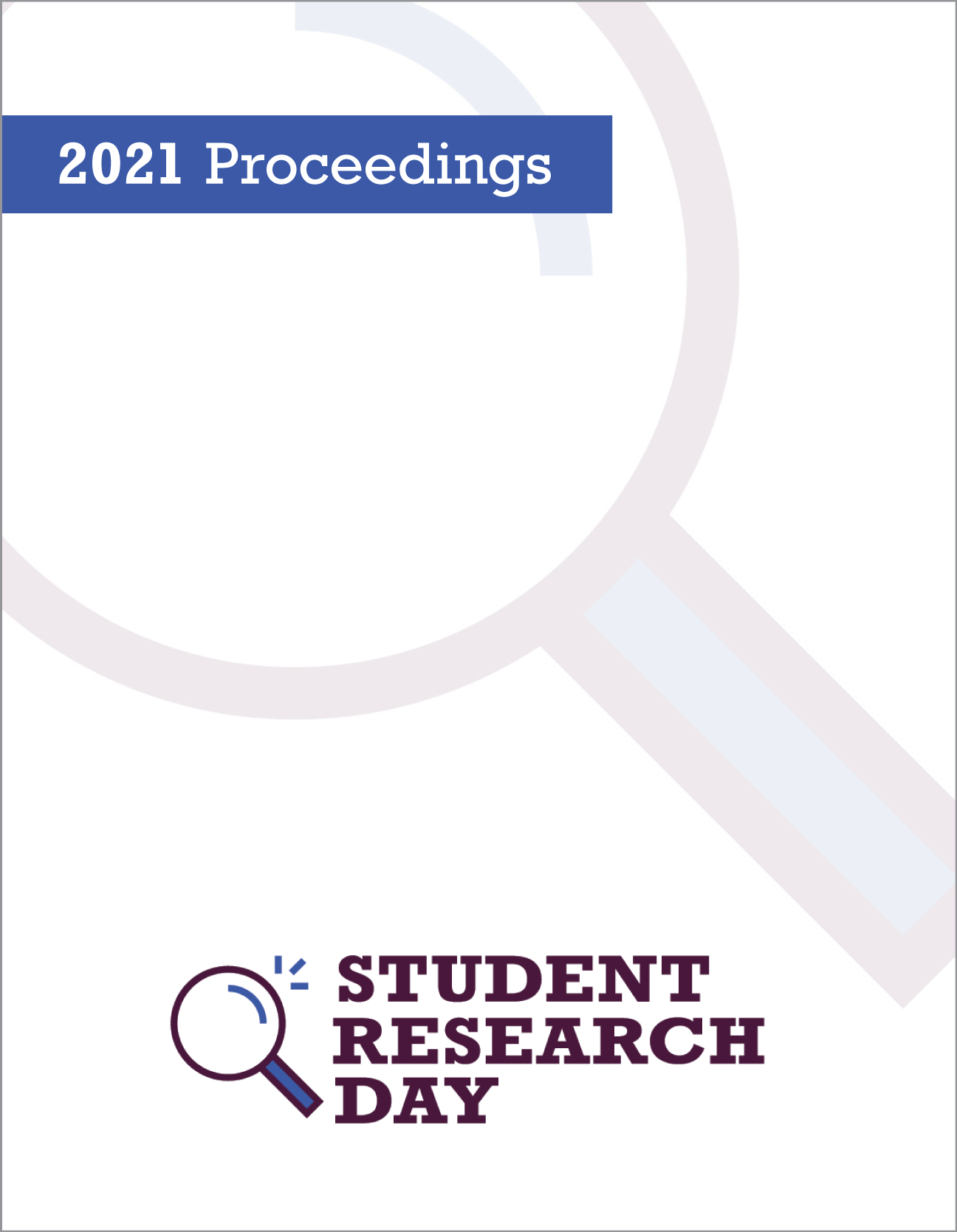Barriers to twice-exceptional student engagement during COVID-19: A case-study of factors affecting school engagement
Abstract
In spring 2020, K-12 schools suspended in-person classes due to the COVID-19 pandemic. Schools reopened in-person classes in the fall. Many parents were concerned about the impact of school closures and subsequent re-entry on childrens’ school engagement.
Previous literature suggests high engagement in school prevents dropping-out, leads to better grades, and is related to lower depression rates. Some students face unique challenges that may result in lower school engagement, such as twice-exceptional (2E) students. 2E refers to individuals who are both gifted and face some type of learning challenge.
A strengths-based approach is suggested as most effective for improving 2E student outcomes. In this approach, material is presented in a way that aligns with students’ talents and interests.
In addition to learning challenges impacting engagement, external factors, such as caregiver stress, may also impact student engagement. The COVID-19 pandemic has increased stress for many caregivers.
In this study, we investigated whether a strengths-based approach was associated with higher engagement in 2E students. Students’ strengths were assessed and compared to tasks planned by their teachers. Students’ engagement during these tasks was then observed by the research team. Further, we explored the relationship between caregiver stress and student engagement using surveys collected in parallel with student observations.
This study was designed to serve as a pilot study for future research on factors related to engagement. Preliminary findings provide weak support that higher task-strength alignment is positively associated with student engagement and that higher caregiver stress is negatively associated with student engagement.
Department: Psychology
Faculty Mentor: Michele Moscicki
References
Published
Issue
Section
License
Authors retain any and all existing copyright to works contributed to these proceedings.



